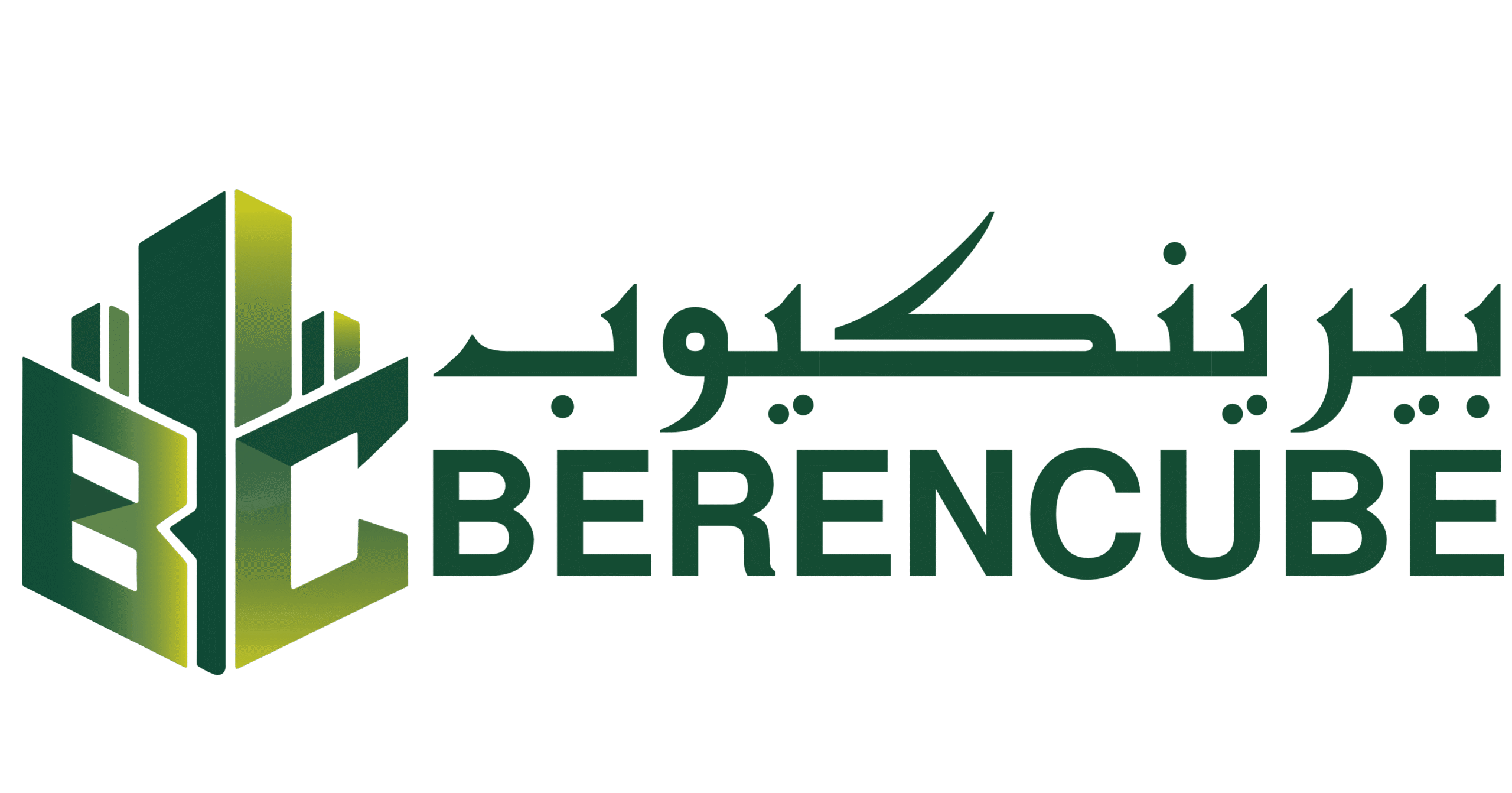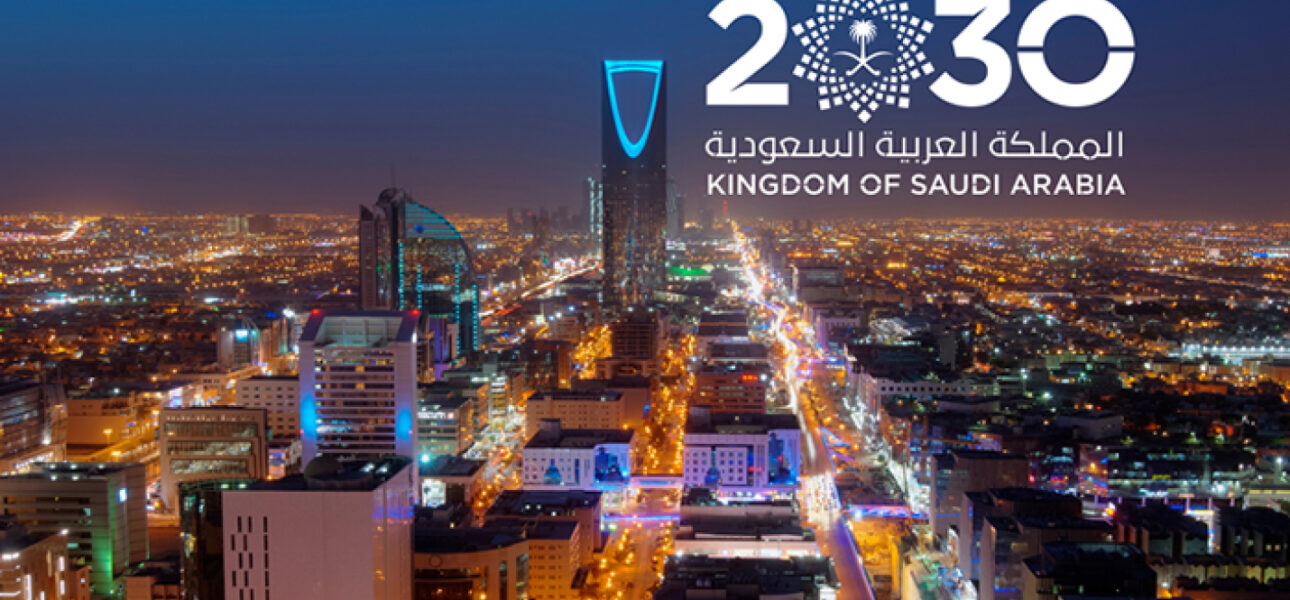Discover how Vision 2030 is revolutionizing the construction sector in Saudi Arabia with mega projects, sustainable practices, and a booming economy.

Saudi Arabia’s Vision 2030 is a national strategy aimed at reducing the Kingdom’s dependence on oil and diversifying its economy. Among its many ambitious goals, Vision 2030 places a strong emphasis on infrastructure development and urban transformation. As a result, the construction industry is at the forefront of this nationwide evolution.
From futuristic smart cities to entertainment hubs and transport infrastructure, the construction sector in Saudi Arabia is experiencing unprecedented growth. This blog explores how Vision 2030 is reshaping the landscape of the industry and what it means for contractors, investors, and the local workforce.
1. Vision 2030: The Catalyst for Transformation
Vision 2030 was launched in 2016 by Crown Prince Mohammed bin Salman. It includes key reforms across all sectors, but one of its central pillars is to make Saudi Arabia a global investment powerhouse. To achieve this, infrastructure development is critical.
Massive investments are being funneled into the construction of cities, industrial zones, airports, roads, schools, and hospitals. These projects not only stimulate the economy but also improve the quality of life for citizens and expatriates alike.
2. Mega Projects Reshaping the Kingdom
Under Vision 2030, the Saudi government has launched several mega projects that are redefining the scope and scale of construction in the region:
- NEOM: A $500 billion smart city that will run entirely on renewable energy and include sectors like biotech, entertainment, and advanced manufacturing.
- The Line: A revolutionary 170 km linear city with no cars or streets, offering zero carbon emissions and powered by AI.
- Qiddiya: A massive entertainment city near Riyadh, set to become a cultural and tourism hub.
- Red Sea Project: A luxury tourism destination built around natural islands, mountains, and desert landscapes, with a focus on sustainability.
Each of these projects demands cutting-edge construction techniques, massive manpower, and innovative materials, opening vast opportunities for construction firms.
3. Push for Sustainability and Green Building
Vision 2030 emphasizes environmental responsibility and the use of sustainable practices. The construction sector is being encouraged to adopt green building techniques, reduce carbon emissions, and use recyclable materials.
The Saudi Green Building Forum and regulations from the Ministry of Municipal and Rural Affairs and Housing promote energy-efficient designs, water conservation systems, and solar energy integration.
Smart buildings, LEED certifications, and modular construction are now more than trends—they are becoming industry standards in the Kingdom.
4. Boost to Private Sector and PPPs (Public-Private Partnerships)
To accelerate development, the Saudi government is increasingly relying on public-private partnerships (PPPs). These arrangements allow private companies to invest in and execute public projects under long-term contracts.
For construction firms, this means:
- Access to large-scale government-backed projects
- Reduced investment risk
- Long-term revenue generation opportunities
PPP projects in sectors like education, healthcare, and housing are particularly significant under Vision 2030.
5. Growing Demand for Skilled Workforce and Training
With the rise in construction activities, there’s a growing demand for skilled labor in engineering, architecture, project management, and building trades.
Vision 2030 encourages Saudization—increasing local employment in all industries. Construction firms are investing in training programs, certifications, and educational partnerships to upskill Saudi nationals.
Foreign professionals are also in high demand, especially for high-tech roles and mega project management.
6. Foreign Investment and Global Partnerships
Saudi Arabia has opened its doors to international investment like never before. The ease of doing business is being enhanced through:
- Revised foreign ownership laws
- Streamlined visa processing for investors
- Simplified regulatory approvals
Global construction giants are forming joint ventures with local firms to tap into Vision 2030 opportunities. This influx of global talent and capital is driving higher quality standards and innovation in the industry.
7. Digital Transformation in Construction
Vision 2030 promotes digital innovation, which is impacting the construction industry in major ways. Technologies like:
- Building Information Modeling (BIM)
- Drones for site monitoring
- AI-driven planning and risk analysis
- AR/VR for design visualization
These tools are improving efficiency, safety, and accuracy across projects, making Saudi construction firms globally competitive.
8. Challenges and How the Industry is Adapting
While the prospects are bright, the construction sector faces some challenges:
- Navigating complex regulations
- Managing high expectations and tight deadlines
- Adapting to evolving sustainability requirements
However, proactive firms are overcoming these hurdles by:
- Hiring compliance consultants
- Partnering with technology providers
- Creating flexible project management systems
Conclusion: The Road Ahead
Saudi Arabia’s Vision 2030 is not just a roadmap for economic diversification but a game-changer for the construction industry. With ambitious mega projects, a strong push for sustainability, and growing international interest, the Kingdom is fast becoming a global construction hotspot.
For firms willing to adapt and innovate, the opportunities are vast and rewarding. Whether you’re a contractor, investor, or consultant, now is the time to engage with the transformation reshaping Saudi Arabia.

